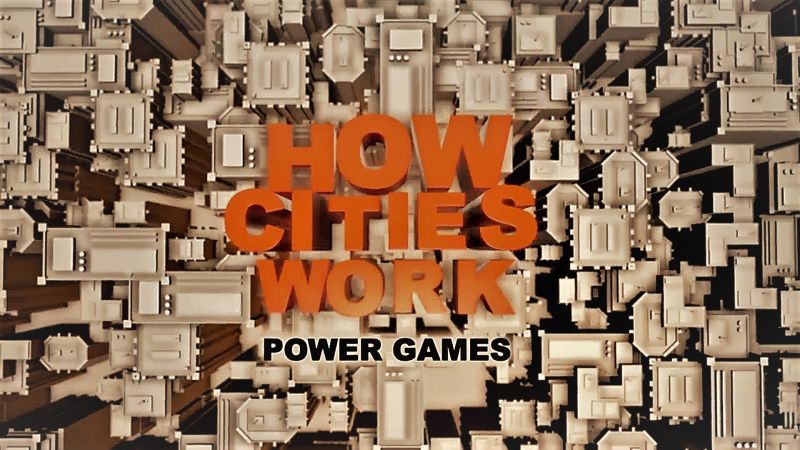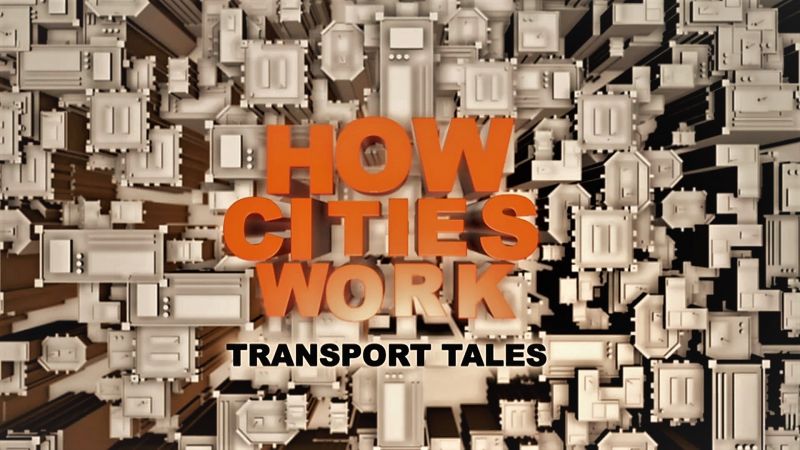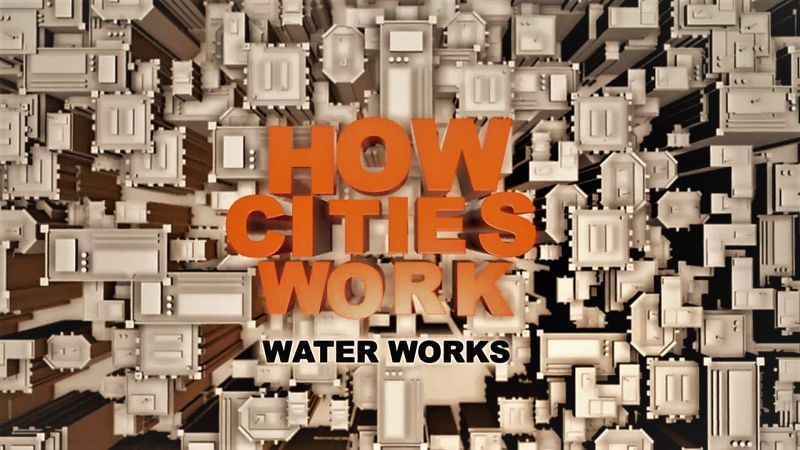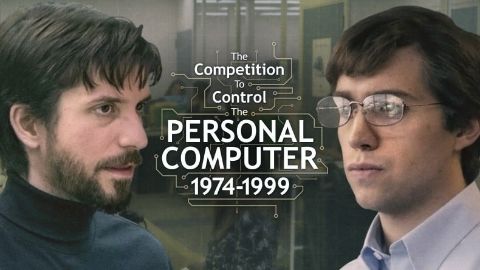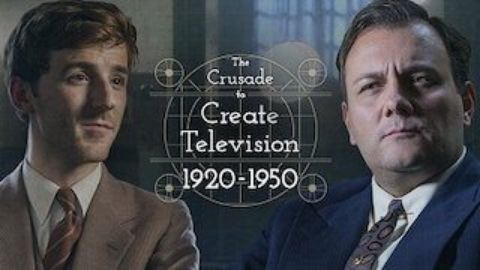Water Works • 2013 • episode "S1E5" • How Cities Work
For centuries, cities have been built near a fresh water supply. Without water, we'd be lucky to live three days. This most basic human need can be deadly too... the wrong supply can poison us, or get too close or careless and it can drown thousands in an instant. With every passing year, the challenge of providing water to billions of people becomes harder and harder.
Make a donation
Buy a brother a hot coffee? Or a cold beer?
Hope you're finding these documentaries fascinating and eye-opening. It's just me, working hard behind the scenes to bring you this enriching content.
Running and maintaining a website like this takes time and resources. That's why I'm reaching out to you. If you appreciate what I do and would like to support my efforts, would you consider "buying me a coffee"?
Donation addresses
BTC: bc1q8ldskxh4x9qnddhcrgcun8rtvddeldm2a07r2v
ETH: 0x5CCAAA1afc5c5D814129d99277dDb5A979672116
With your donation through , you can show your appreciation and help me keep this project going. Every contribution, no matter how small, makes a significant impact. It goes directly towards covering server costs.
